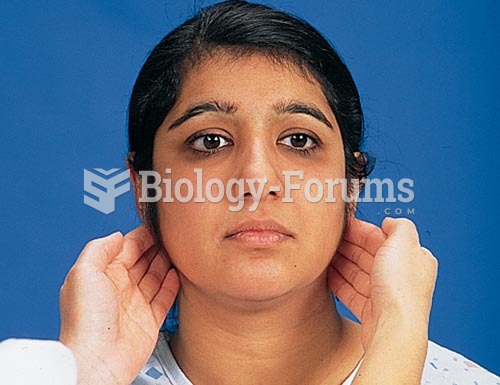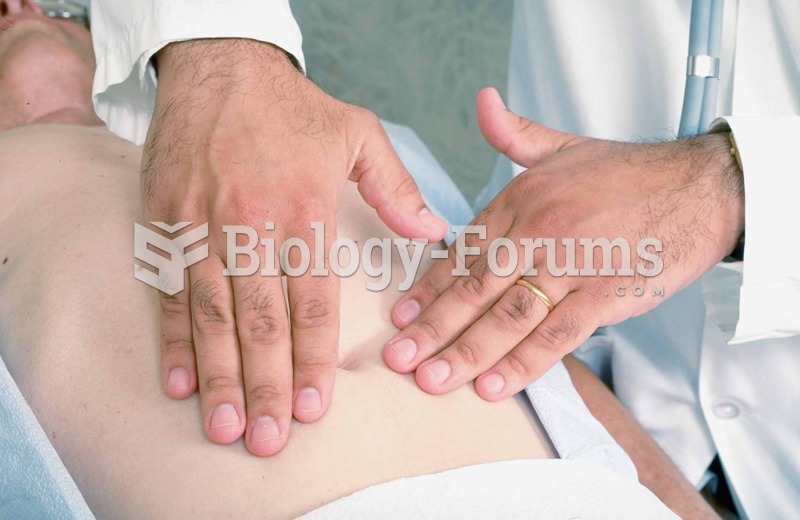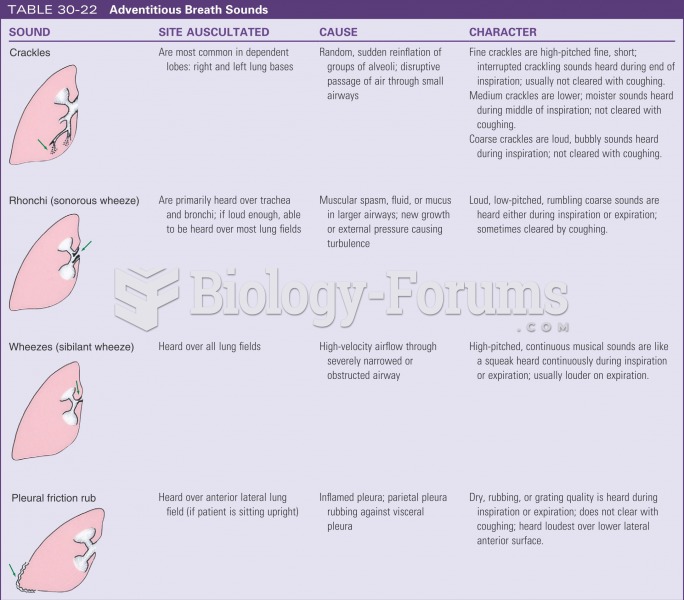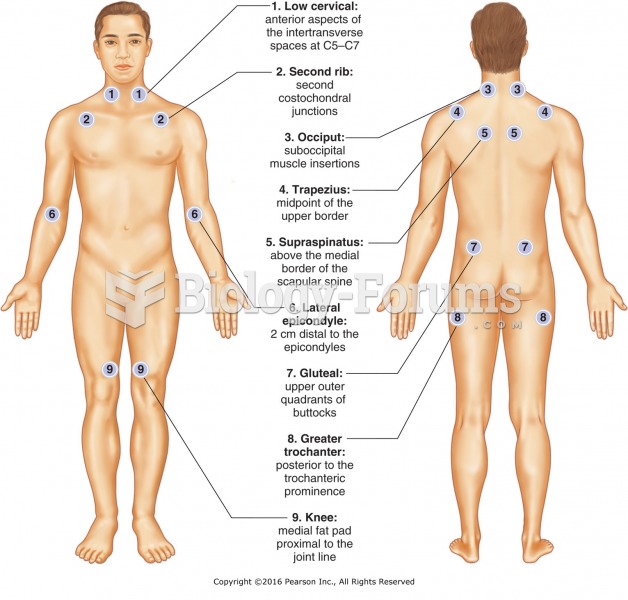The documented findings . Abdomen soft, non-tender upon palpation. Normal bowel sounds present support one element identified by a bullet in the Gastrointestinal (Abdomen) system/body area, which has an unshaded border.
Please read the documentation below and answer the related questions regarding the ear, nose and throat single organ system physical examination.
PE: Temp 98.2 HR 28, RR 16, BP 115/71
Patient alert and well groomed, but clearly agitated, with flushed face but in no acute distress. Eyes clear without jaundice, EOMI intact, PERRLA. No nasal congestion noted. Oral examination reveals sour odor and copious amounts of salivation present along gumline and beneath tongue. Otherwise, oral mucosa intact. Oropharynx red but no inflammation or exudates noted along tonsils or adenoids. Neck soft without masses and non-tender, although patient reports radiating pressure upon palpation of submaxillary lymph glands with significant pain upon swallowing during exam. Lungs clear to auscultation and percussion. Abdomen soft, non-tender upon palpation. Normal bowel sounds present. Patient displays appropriate judgment, insight and recall, but is very anxious her painful throat and her father's poor response to treatment. Patient alert, oriented x3. Cranial nerves intact. Extremities warm, well-perfused without rash or indurations.
Indicate whether this statement is true or false.
Question 2
The documented findings PERRL, EOMI. Sclera non-icteric support one element identified by a bullet in the Eye system/body area, which has an unshaded border.
Please read the documentation below and answer the related questions regarding the cardiovascular single organ system physical examination.
Vital signs: Temp 37.2 BP 112/61 RR 14 BP 112/61 SaO2 99 at room air
General: Alert, thin male seated in hospital gurney, no acute distress.
NEURO: Cranial nerves II-XII intact. Alert, oriented times 3.
HEENT: PERRL, EOMI. Sclera non-icteric. Mucus membranes moist. Neck supple, no adenopathy.
CHEST: Lungs clear to auscultation bilaterally. Bradycardic, regular rhythm, distant heart sounds. Well-healed sternotomy scar noted.
ABD: Soft, non-tender, non-distended. No masses palpable. Bowel sounds present.
EXT: Warm, well perfused, no edema
Indicate whether this statement is true or false.







